Replace every uppercase letter 'L' in the given with an empty space plus that letter " L". We can do this using list comprehension or we can define a function to do it as follows.
s = 'TheLongANDWindingRoad ABC A123B45'
''.join([char if (char.islower() or not char.isalpha()) else ' '+char for char in list(s)]).strip().split()
>>> ['The', 'Long', 'A', 'N', 'D', 'Winding', 'Road', 'A', 'B', 'C', 'A123', 'B45']
If you choose to go by a function, here is how.
def splitAtUpperCase(text):
result = ""
for char in text:
if char.isupper():
result += " " + char
else:
result += char
return result.split()
In the case of the given example:
print(splitAtUpperCase('TheLongAndWindingRoad'))
>>>['The', 'Long', 'A', 'N', 'D', 'Winding', 'Road']
But most of the time that we are splitting a sentence at upper case letters, it is usually the case that we want to maintain abbreviations that are typically a continuous stream of uppercase letters. The code below would help.
def splitAtUpperCase(s):
for i in range(len(s)-1)[::-1]:
if s[i].isupper() and s[i+1].islower():
s = s[:i]+' '+s[i:]
if s[i].isupper() and s[i-1].islower():
s = s[:i]+' '+s[i:]
return s.split()
splitAtUpperCase('TheLongANDWindingRoad')
>>> ['The', 'Long', 'AND', 'Winding', 'Road']
Thanks.
